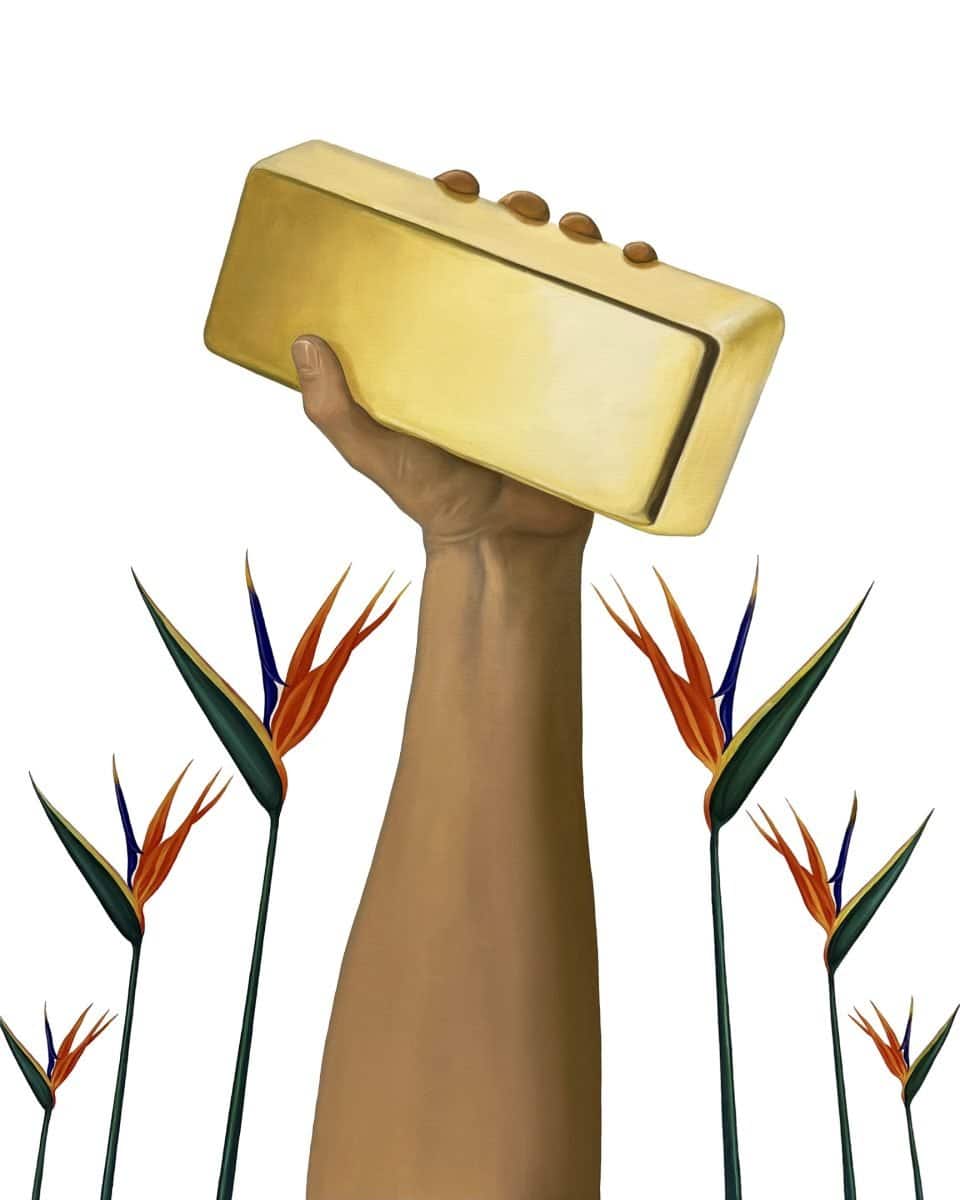Q&A with Tap Payments Kuwait and Senior VP of Tap Payments Global Faisal AlHaroun

Faisal AlHaroun is CEO of Tap Payments Kuwait and Senior Vice President of Tap Payments Global. He speaks to Global finance on the development of fintech and its customers in the MENA region.

Global Finance: How is the MENA fintech scene evolving?
Faisal Al Haroun: In recent years, this region has rapidly become one of the most innovative fintech markets in the world. It is growing at an accelerated pace with the number of fintech startups in MENA in 2020 increasing eight times more than the number of fintech startups in 2013. A majority of this is from the GCC as 46% of the total number of fintechs in 2018 were from the UAE alone.
GCC countries also want to reduce dependence on oil and shift towards a digital economy and cashless society. As such, the financial and regulatory support provided by public entities has been crucial in the accelerated growth of the fintech industry in recent years. There is a greater push from the governments of countries such as Saudi Arabia, Egypt, UAE, Kuwait and Bahrain to adopt digital payments, with initiatives such as Vision 2030 in Saudi Arabia aiming for 70% of all transactions to be non-money.
Covid-19 was also a major driver of fintech growth, forcing the region to move away from cash on delivery and become comfortable with online payments, contactless payments and e-commerce.
This acceleration was further driven by the MENA region’s large youth population and high smartphone penetration. Around 60% of the region’s population is under the age of 25, which is higher than more developed e-commerce markets such as the US and China.
GF: What are the biggest opportunities going forward?
Al Haroun: Easing the payment experience across MENA continues to be one of the biggest opportunities for the region. With financial services regulators more open to the idea of breaking down barriers to entry for new fintech companies, open banking remains a big priority.
There are also many opportunities for banks to partner with technology companies to produce more innovative offerings. At Tap Payments, such partnerships are something we have prioritized from the start, and build, for example, on the existing ecosystems in Riyad Bank in KSA and the National Bank of Kuwait.
Blockchain is another area that is revolutionizing the world of finance by transforming cross-border settlements along with embedded payments that also highlights a huge opportunity.
GF: What are the challenges in this region?
Al Haroun: A reliance on cash and traditional payment methods, with cash on delivery as the third most used payment method. This is partly due to the lack of trust in online payments and a relatively high unbanked population, but many businesses in the region still do not fully understand the importance of learning about ever-evolving consumer payment behavior, which slows down market adaptation.
The GCC along with the entire MENA region remains a fragmented market with each country exemplifying unique payment methods and behaviours. Unifying this landscape is a core mission of Tap Payments. As born in the region, we combine global expertise with regional understanding.
GF: How do customers evolve?
Al Haroun: Customers in the region are becoming more knowledgeable online. Instant transactions, multiple payment options, real-time payouts and accessibility across multiple devices are some of the expectations of customers who want faster, easier and safer ways to shop online.
Customers are also looking at different and innovative payment experiences while continuing to use their traditional payment methods, giving rise to versatile wallets such as Careem Pay, which allows non-credit card customers to save and use their local debit cards – similar to leading global solutions such as . Apple Pay. This is particularly important in countries such as Kuwait, Saudi Arabia and Bahrain, where 90% of cards issued and used are debit cards.























